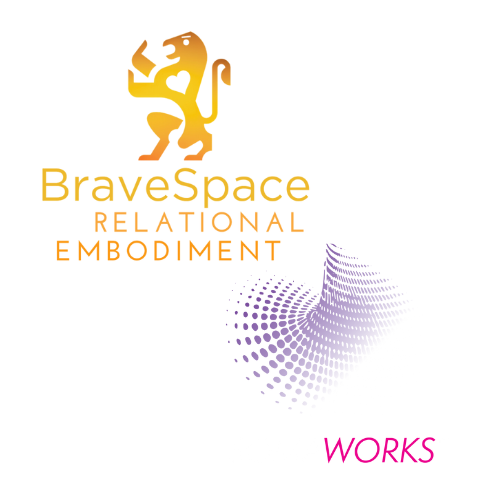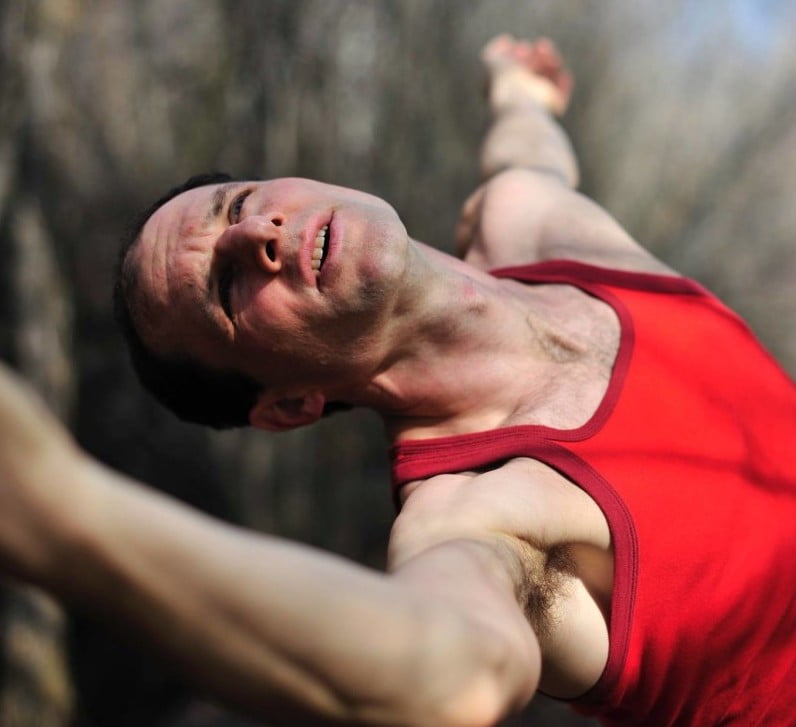Movement research
How do we know what’s true in our bodies? How do we know if we’re in the ‘right’ posture, or walking ‘correctly’? What do we do when we go to yoga, pilates, or dance teachers and hear conflicting ideas about how to be in our bodies? We’re like snowflakes in that we are similar in many of our patterns but never quite the same. Yet movement teachers must try to present something universally useful to their students. The most obvious solution is to listen to our own bodies through sensation—and I think this bears incredible truth. Yet, a problem pops up: We will favor the sensory, motor, and thought patterns that we’re accustomed to. Sensation is fickle, and if we believe everything we feel we’ll tend to narrow the field of possibilities down to past experience. The beauty of learning from others is that our interactions can draw us into what we don’t know, haven’t felt before, and don’t identify with. New sensations of alignment and movement are often awkward or uncomfortable! So what’s a conscious human to do?
Science is a method of procuring and processing information that attempts to be objective. Through observation, measurement, and testing, the scientific method tries to determine whether something is ‘true’ from the outside. The experience of embodiment is subjective and unique, and yet our bodies are also quite physical and real. As a practitioner of somatics, a field that studies the experience of the body, I try to find the both/and of subjective and objective research. I notice what I feel and take it as evidence by which to test my theories. Like a scientist, I don’t believe everything I feel, and yet unlike a scientist, I pay attention to the data of my subjective thoughts, sensations, and beliefs.
So how do we know what is true in our bodies? We gather ideas from outside sources, take in information from our own experience, and experiment through the process of moving and noticing to draw the best conclusions we can for the moment. This is why I love movement improvisation so much—it’s research into the nature of being alive!


0 comments